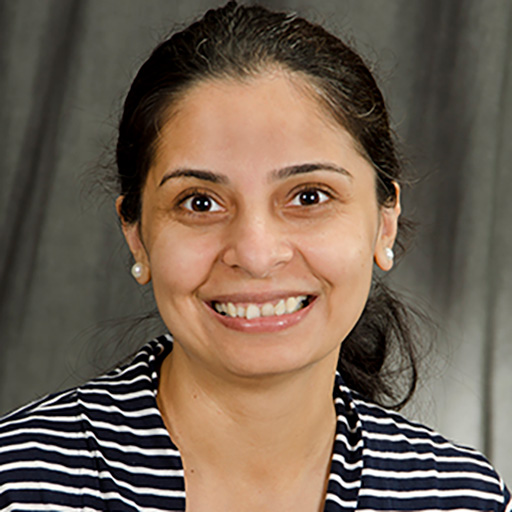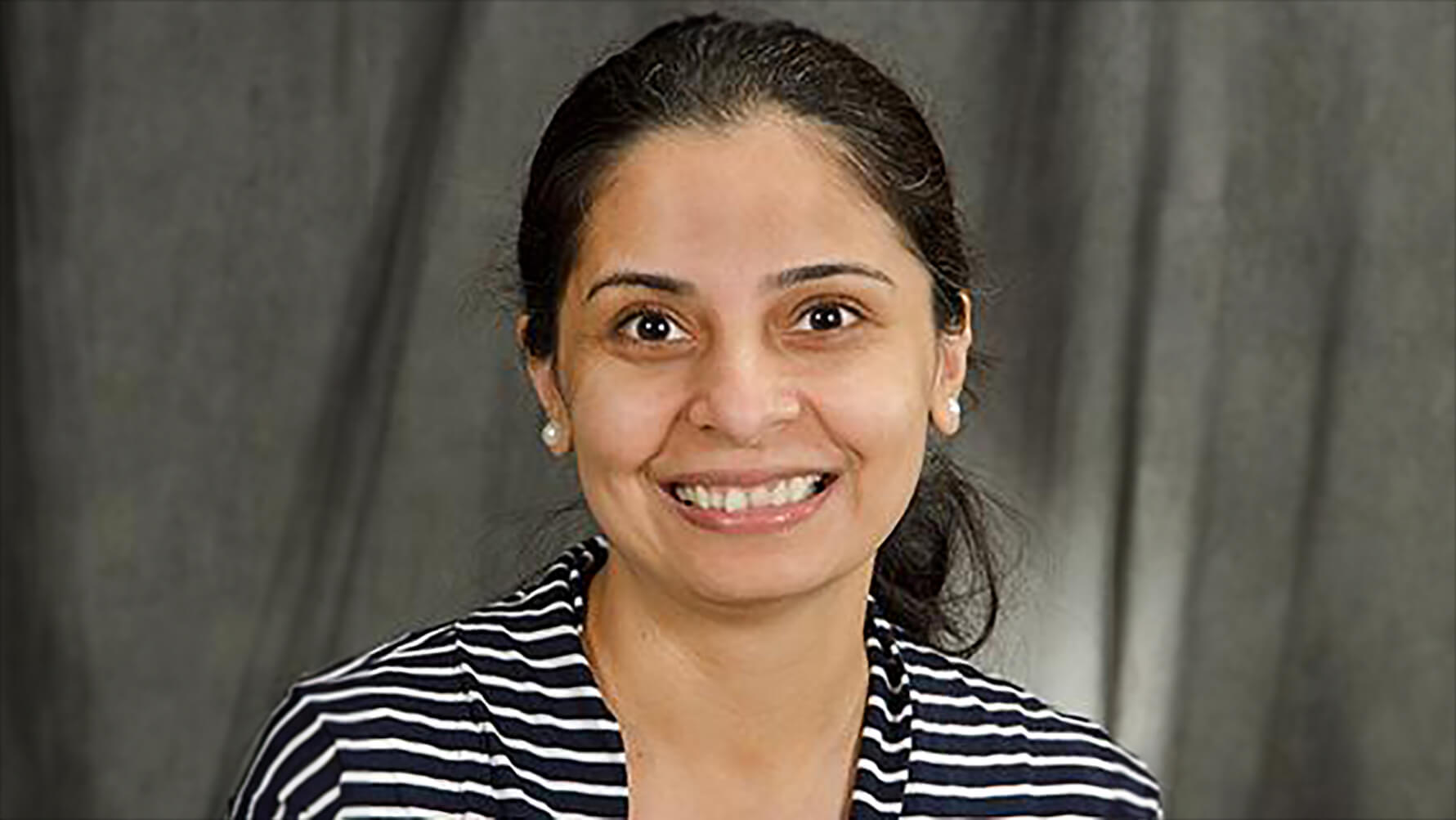
RuchiraSingh
PhD
Location
Rochester, NY, USA
Current Organization
University of Rochester Medical Center
Biography
Ruchira Singh, PhD, is an assistant professor in the Departments of Ophthalmology and Biomedical Genetics at the University of Rochester. She obtained her PhD in physiology from Kansas State University and completed her postdoctoral training in pharmacology at Yale School of Medicine and in stem cell research at the University of Wisconsin-Madison. Her research program at the University of Rochester derives from these strengths, with an integrated focus on retinal physiology, neurodegenerative diseases, stem cells, and pharmacology. The current projects in the laboratory are focused on using hiPSCs for 1) studying the pathophysiology of inherited and age-related macular degeneration and 2) creating complex retinal cell models to study intercellular interaction in retinal physiology and disease development. Dr. Singh also is interested in delineating the role of gene-environment interaction in retinal and neurodegenerative diseases. In addition to her BrightFocus grant, funding from the University of Rochester Research Award, Knight Templar Eye Foundation, Retina Research Foundation, and a Research to Prevent Blindness (RPB) Career Development Award supports her work.
“Unlike most biomedical researchers, my first experience of science was not in high school or even during my undergraduate education. It was an hourly job as a master’s of computer science graduate student at Kansas State University that introduced me to biomedical research. I joined my graduate studies lab as a web page designer and left four and a half years later with a doctoral degree in physiology. It was my passion for and fascination with research, along with the faith of fellow scientists and advisors, that enabled me to learn and bridge the gap in years of knowledge and learning.
Actually, my fascination with biomedical research occurred long before my PhD training. However, circumstances and life situations did not allow me to pursue this interest before. Born and brought up in a middle-class Indian family, I was taught early on that the sole purpose of education was to find a decent-paying job to support one’s self and family. So like, many other Indians, I decided to pursue a career in computer science at the age of 14. However, fate had something else in store. At the age of 15, I met with a serious accident and was hospitalized for over four months. It was during this time that I became aware of the limitations of current medical knowledge in the treatment of various diseases affecting the people surrounding me. If I had been in a country like the United States, I would have immediately switched my career path to study biomedical sciences. However, being in a regimented education system like India‘s, I continued studying computer science, receiving a degree in computer science engineering. I moved to the United States to pursue a master’s degree in computer science engineering and hopefully computational research. But as fate would have it, I was destined to work in the field of my passion, biomedical research. When I switched from computer science to biomedical research, 10 years ago, I was not sure if I would be able to make a difference, but nonetheless, I was certain that this is what I wanted to do for the rest of my life. Today, I know that I am on the right path and my work with patient-derived stem cells will one day lead to treatments and possibly cures for retinal and neurodegenerative diseases.
I would like to emphasize the importance of the BrightFocus Foundation grant to my research. I am an assistant professor (tenure track), I am in the early stages of my career and have only recently established my independent lab. Thus, this grant is instrumental to my laboratory, allowing for the purchase of reagents and offering salary support for research personnel. I know that BrightFocus Foundation depends on the generous support of donations for macular degeneration research. Given this, I would sincerely like to thank the donors for funding my research project and moving my research program forward.”
News Featuring This Grantee

Research News
First-Ever 3D Cell Model of Human Eye Replicates Key Parts of AMD
Learn how the first 3D cell model of the human eye may help pinpoint what causes Macular Degeneration, develop drug treatments for it, and determine how well drugs could work in specific patients.

Research News
How Are Stressors Causing AMD?
Study results show a causative role of environmental factors, including iron overload and cigarette smoke, in age-related macular degeneration (AMD).

Research News
Cell Models Reveal a Shared Early Pathway to Macular Disorders
New understanding from her recent BrightFocus-funded research makes Ruchira Singh, PhD, hopeful that treatments may potentially stop different macular disorders.


